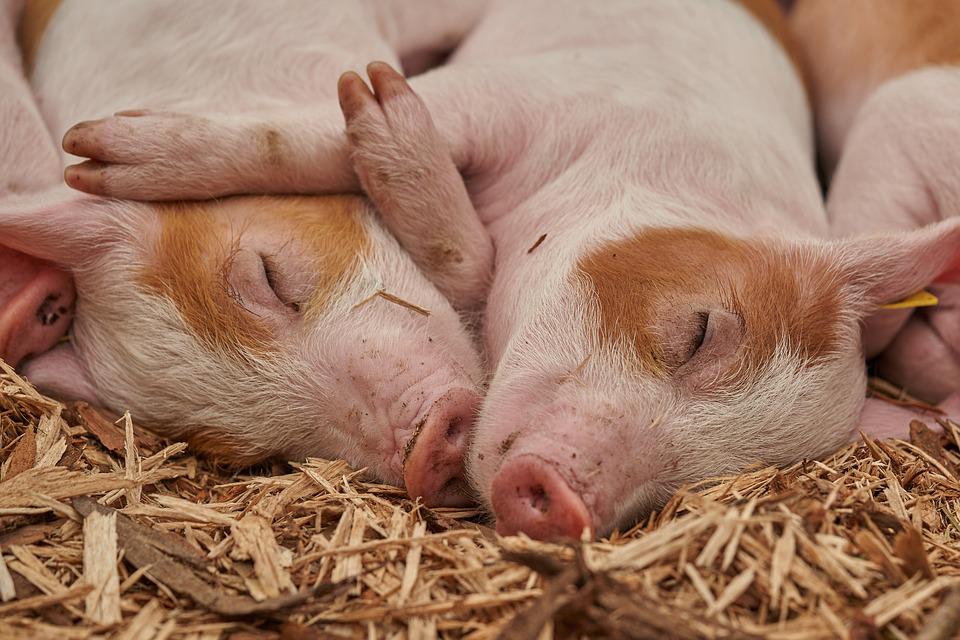



Article by: Hari Yellina
As the country continues to control the Japanese encephalitis virus, consumers have been assured that eating pork is safe (JEV). Because the virus is spread by mosquitos, it cannot be transmitted from pigs to humans. Mary Carr, the Chief Veterinary Officer of South Australia, said Australians should indeed be assured in the safety of pork products. “It’s critical that everyone realises that hog meat and pig products are completely safe,” stated Dr. Carr. Experts expect that the virus will disrupt supply lines in places such as New South Wales, but Dr Carr claims that there are no concerns about output in South Australia. “Through this response, we’ve been able to ensure that pig movement has continued, limiting any industrial repercussions,” she said.
Andrew Johnson, chair of Pork SA, said the pork business was receiving strong backing from state and federal officials, and he wanted to promote customers to reciprocate. Since early April, there have been seven JEV identifications in industrial South Australian piggeries, with no new cases. With a few verified cases in Queensland pig farms, at least 22 in Victoria, and 30 in New South Wales, Australia’s overall number of cases has surpassed 70. JEV has been proven in an alpaca in South Australia. Horses are also confirmed transmitters of the disease. In Australia, 37 persons have been diagnosed with Japanese encephalitis, with three deaths reported in New South Wales, South Australia, and Victoria.
The JEV vaccine has been prioritised by the federal government for persons who are at risk of infection, such as abattoir and piggery employees, veterinarians, and others who work with pigs or mosquitoes. Mr Johnson, a South Australian pork producer, is getting his vaccination this week. He praised the state administration for a successful vaccine deployment, particularly among the workers at the seven piggeries affected. “That rollout began with infected premises, and then it was expanded to include producers, their personnel, and any other vulnerable individuals.” Australians who think they could be infected with JEV should consult a doctor for more information. Piggeries have responded quickly to the threat of JEV by putting in place mosquito management programmes.
Dr. Carr, on the other hand, advised producers to be alert even during the winter months. “We generally see a decline in mosquito populations at this time of year, which reduces the danger of Japanese encephalitis,” she said. “Knowing that, Australia is still dealing with a new sickness.” “As a result, we’re asking all producers, including pig farmers and horse owners, to remain vigilant for these indicators and report them.”